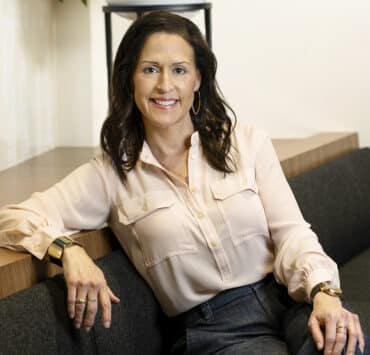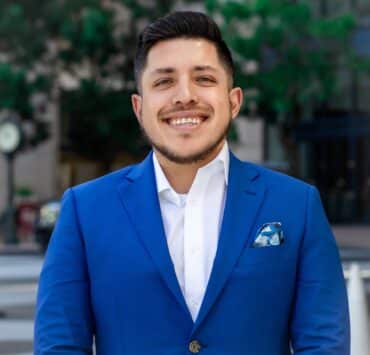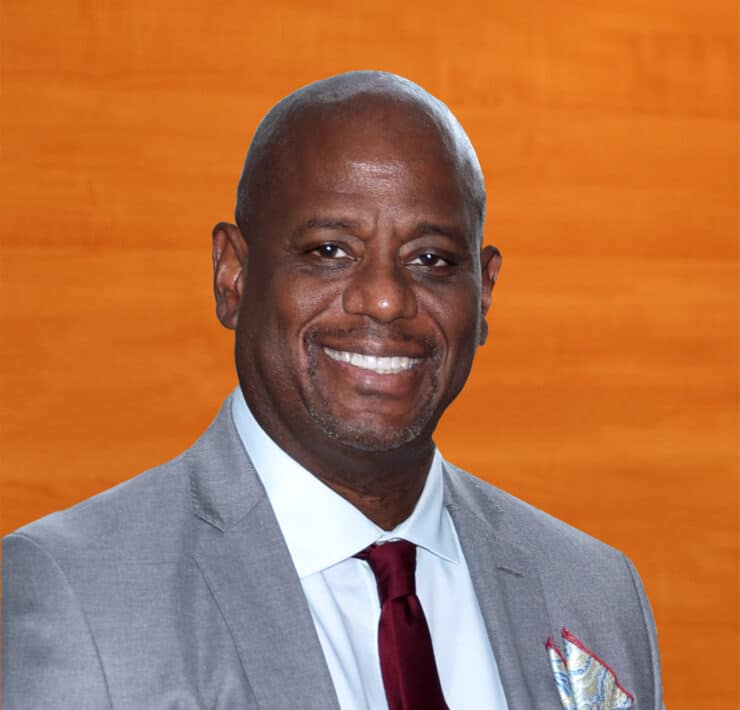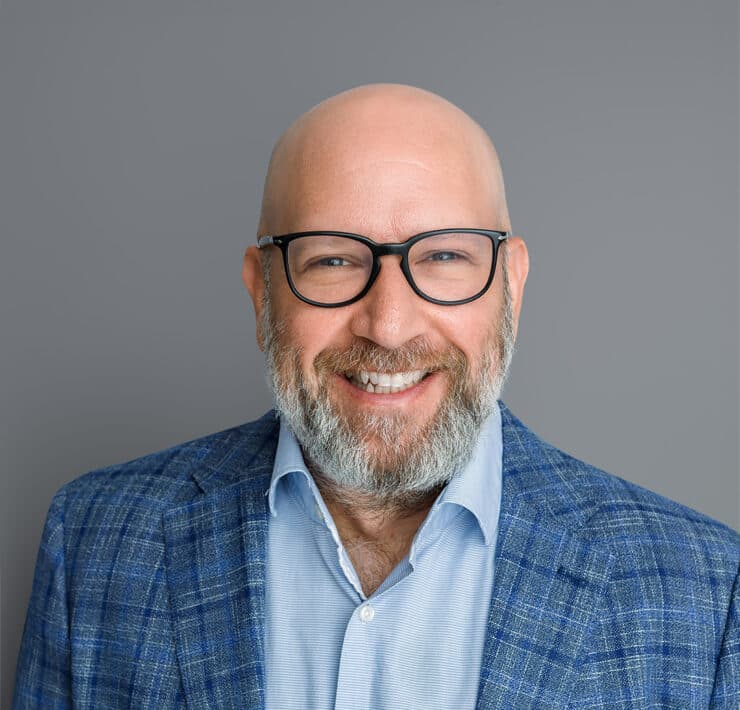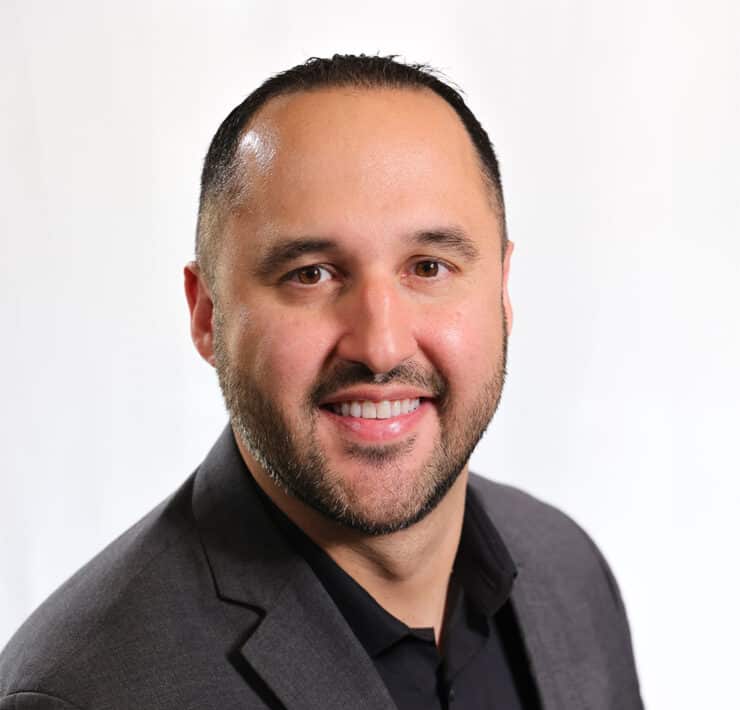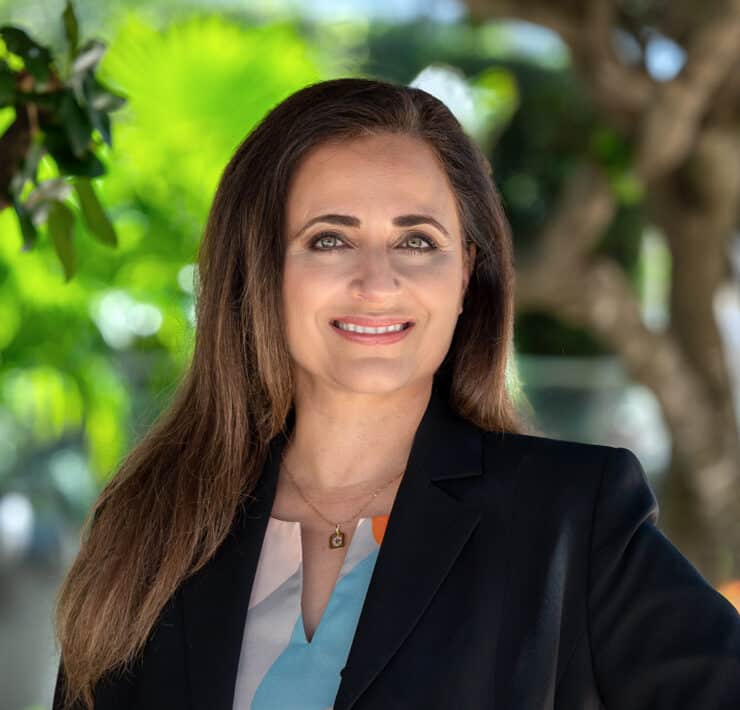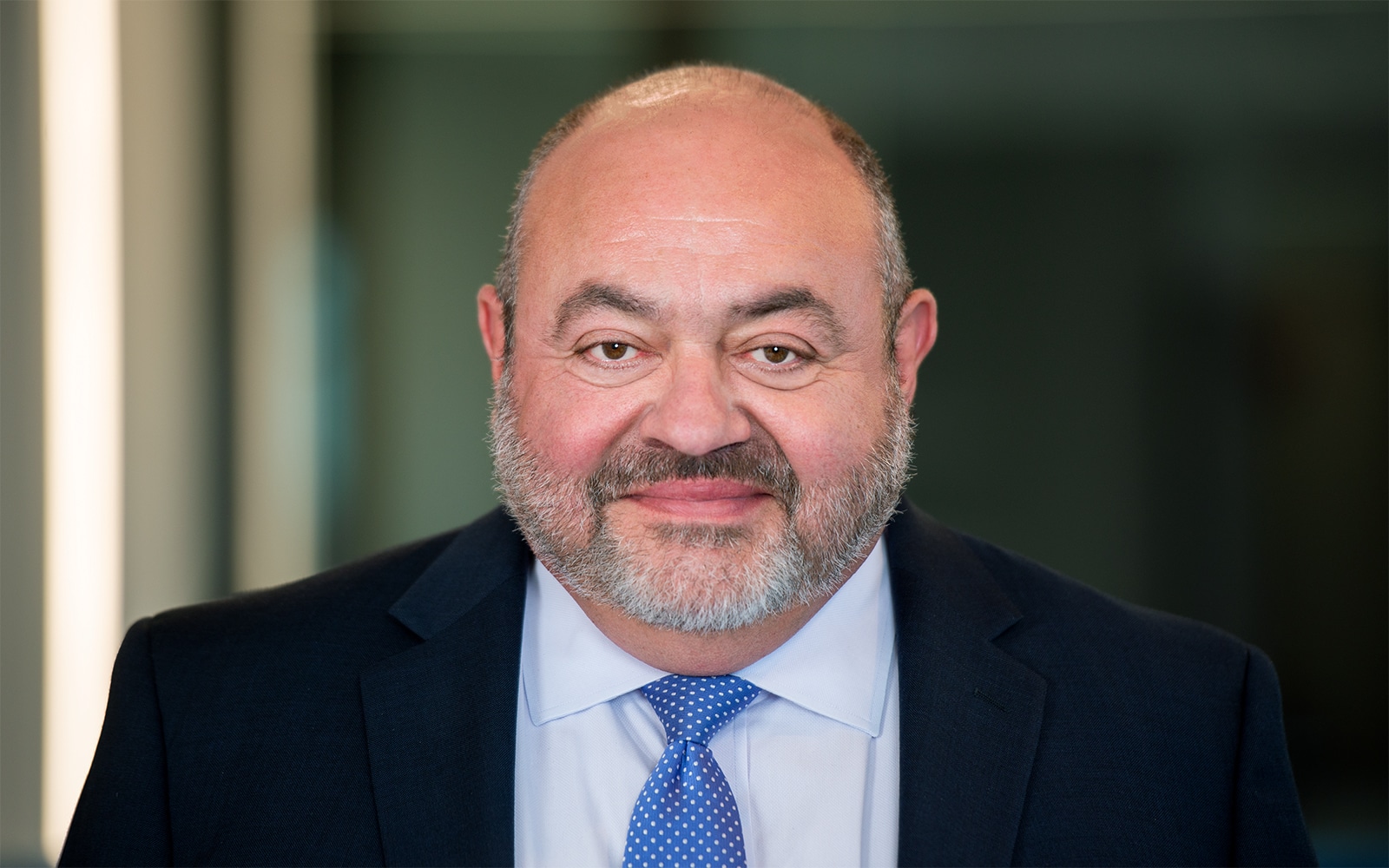
|
Getting your Trinity Audio player ready...
|
Dr. Francisco J. López has spent his career working toward medical breakthroughs in endocrinology, neuroendocrinology, obesity, ophthalmology, and a whole host of other areas. He has helped pave the way for new therapeutic treatments that enable the extension and improvement of human life.
Today, “Paco,” as he’s known to those close to him, serves as executive medical director in the eye care therapeutic area at AbbVie. He and his team are working to advance numerous cutting-edge ophthalmology treatments, including a potential treatment for geographic atrophy, an advanced form of age-related macular degeneration that affects the eye’s ability to send the information to the brain that enables sight.
López spoke to Hispanic Executive about his mission at AbbVie, his leadership philosophy, and the continued progress AbbVie is making in tackling some of the most prevalent maladies in an aging demographic.
Could you detail some of your previous experience, including your experiences growing up in Europe?
I’m from Spain. I attended medical school at the Universidad de Córdoba, where I received my MD and a PhD in neuroendocrinology. I also taught in medical school as an associate professor. Early in my career, I was looking to obtain training outside of Spain, and I ended up having an opportunity to come to the US to work as a visiting scientist at the National Institute of Environmental Health Sciences in North Carolina. I came for a year of training and ended up staying for approximately nine years.
From there, I moved into the pharmaceutical industry and have been there since. Before I focused on ophthalmology, I worked in other therapeutic areas including women’s health and oncology. However, ophthalmology was the specialty that really caught my eye, despite initially being skeptical about the area.
I have worked with three companies doing ophthalmology clinical research. At a previous company, I was involved with a study that was negative (meaning the study didn’t provide the results for a successful treatment), and I was very disappointed because for many ophthalmologic diseases, there is nothing that can be done for patients. I’m motivated by my desire to give patients hope.
Today, I work with difficult-to-treat diseases that cause significant vision loss and/or blindness. I find it truly rewarding. Eventually, we’ll be able to tackle these diseases and help patients, especially older patients, and hopefully enable them to live the last years of their life in a better way, with their vision.
What have your efforts looked like at AbbVie?
One of the things that my team has been doing is trying to find a potential cure for some of the diseases that can lead to blindness. One is geographic atrophy, which is a disease of the eye that affects older individuals, especially people in their sixties and beyond. It’s a form of age-related “dry” macular degeneration (AMD). Once you receive the diagnosis of geographic atrophy, it is a sentence for blindness. It is a devastating disease that causes a reduced quality of life.
I have also worked on the other form of this disease called “wet” AMD. There are existing treatments that slow the progression of the disease (called anti-VEGFs or anti–vascular endothelial growth factors), but the currently approved products require physicians to inject medicine directly into a patient’s eyes frequently (every one or two months). My team is working to develop treatments that potentially require fewer injections while still preserving vision. This work will help patients who do not want to receive monthly eye injections and will hopefully help to alleviate the burden on overworked physicians who are facing a growing and aging population.
I was also a part of a very exciting project that involved editing the human genome in vivo to fix the gene responsible for a blinding disease called Leber Congenital Amaurosis type 10, which affects children.
What does authentic leadership mean to you?
What you get with me is “Paco,” and that has been both good and bad. In Spain, we tend to be loud and passionate people. I can become very engaged in discussions.
However, I have been in situations that have been difficult because I speak my mind. Ultimately, people see where I am coming from because I have always followed the data. When I speak, I make sure what I say is backed by facts. Sticking to the facts has gotten me out of difficult situations. I consider speaking my mind part of my job, whether the news is good or bad.
Can you describe a specific project that involves supporting, coaching, or growing your team?
All the projects that I work on are in an integrated team environment and because of that, they involve people in many stages of their careers. That provides many opportunities for mentorship and helping people develop. Because of the mentorship I received in my own career, I like to give back and now help other mentors and mentees. I consider that part of my job, as well.
